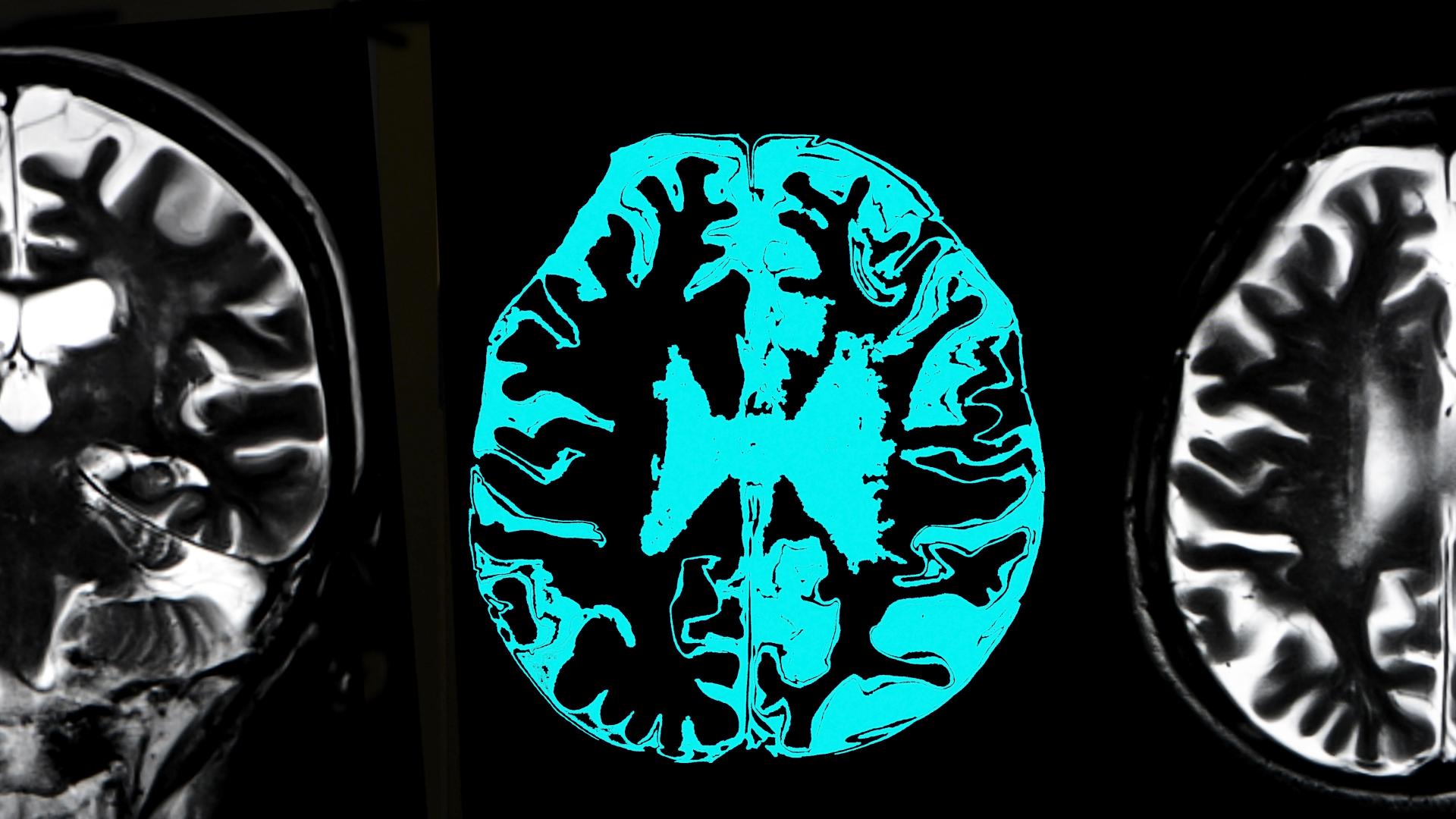
Update: On July 2, 2024, the Food and Drug Administration approved Eli Lilly’s amyloid-clearing Alzheimer’s drug, Kisunla (donanemab-azbt, 350 mg/20 mL once-monthly injection for IV infusiondonanemab). Learn more.
In full Phase 3 clinical trial results published July 17, Eli Lilly’s donanemab was shown to significantly slow cognitive and functional decline in people with early-stage Alzheimer’s disease versus a placebo. The drug also slowed decline in the ability to perform daily activities such as cooking, shopping, laundry, and household finances by 40%.
This is the first Phase 3 trial of any investigational medicine for Alzheimer’s disease to show 35% slowing of clinical and functional decline, according to Lilly. Nearly half (47%) of the participants taking donanemab (compared to 29% on placebo) had no clinical progression of Alzheimer’s after one year.
In addition, an analysis of a subset of the study participants showed that those at the earliest stage of the disease had an even greater benefit, with a 60% slowing of cognitive decline.
Donanemab works by reducing plaques of amyloid beta protein in the brain. In Alzheimer’s disease, dense deposits of amyloid beta and a second protein, tau, form tangles that harm the brain’s neurons and contribute to cognitive difficulties such as memory loss. Removing amyloid beta plaques as early as possible likely offers the most promise for slowing disease progression with this type of treatment.
About the TRAILBLAZER-ALZ 2 study
The 18-month TRAILBLAZER-ALZ 2 study enrolled 1,736 people with early symptomatic Alzheimer’s disease, which includes mild cognitive impairment and the mild dementia stage of disease, with the confirmed presence of Alzheimer’s neuropathology. Participants received donanemab as a once-monthly infusion.
The study results showed there is a possibility of completing the course of treatment as early as six months once amyloid plaque is cleared.
“We are encouraged by these clinical trial results and optimistic about a new potential treatment to slow the onset of Alzheimer’s disease,” said Stacy Pagos Haller, President and CEO. “By slowing the progression of the disease, people who show signs of early Alzheimer’s can maintain quality of life and continue to engage in activities that hold value to them.”
Who would be eligible, if approved?
To be eligible for the drug, an individual must be diagnosed by a healthcare professional with mild cognitive impairment or mild dementia and have confirmed presence of amyloid plaque in the brain, which is typically detected through spinal taps or specialized PET scans.
What are the side effects?
A rare but serious side effect seen in the Phase 3 study was the development of amyloid-related imaging abnormalities (ARIA), which resulted in brain swelling and bleeding. Other side effects included an infusion reaction causing flu-like symptoms.
How much would it cost?
The cost of the drug is not yet known. Amyloid-detecting spinal taps and PET scans necessary to qualify for the drug are also not routinely covered by Medicare. However, Medicare now covers the first amyloid-clearing drug on the market, Leqembi, after it was granted full FDA approval on July 6.
A bipartisan group of attorneys general in May called on Medicare to cover FDA-approved antibody Alzheimer’s treatments. BrightFocus and 52 other organizations also asked President Biden to expand Medicare coverage to include greater access to amyloid-beta-detecting PET scans used to diagnose Alzheimer’s disease and to cover amyloid-lowering drugs such as Leqembi.
Next steps
Lilly said it anticipates receiving full FDA approval by the end of the year. Long-term studies to test the drug beyond 18 months are currently ongoing. Because the initial study had 91.5% white enrollment, they will be recruiting other ethnicities for another trial.
If approved, donanemab would be only the second new drug in the class of amyloid immunotherapies shown to slow cognitive decline. The first, Leqembi, was shown to slow the progression of cognitive loss by an average of about 25% over 18 months. However, studies of the two drugs cannot be directly compared because of differences in the PET scans and cognitive tests that were used.
Watch a recent Q&A with Dr. Sharon Cohen, Toronto Memory Program, about Leqembi, available as part of the free and interactive expert information program, “Zoom in on Dementia and Alzheimer’s.”










